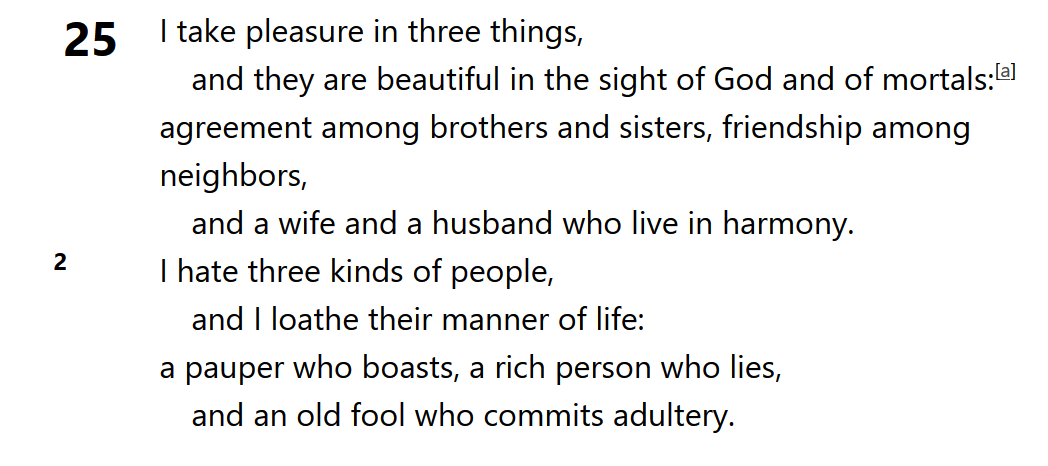
Apropos Goldziher and Schacht on hadith, I think that rereading both is really in order. For me, Schacht's views seem unsustainable in light of later publications and discoveries (Motzki's Anfänge is good on this), but Goldziher's fundamental outlook and approach, ... 

albeit not all his conclusions, still remain largely valid. Goldziher's views on hadith are really not a rejection of Muslim hadith lit but rather a reaction to orientalists' credulous acceptance of hadith. He cites Reinhart Dozy (d. 1883) as a foil to his own views. Dozy says... 



"I am constantly surprised, not that some false passages are in the tradition (since this results from the nature of such things), but that it contains so many authentic parts (according to the most rigorous critics, half of Bukhari merits this qualification) and that, ...
in these non-falsified parts, there may be found many things that must scandalize the sincere believer."
This is the view that Goldziher responds to and rejects. As for his attitude towards Muslim hadith scholarship, he sees it as indispensable, though surpassable.
This is the view that Goldziher responds to and rejects. As for his attitude towards Muslim hadith scholarship, he sees it as indispensable, though surpassable.

• • •
Missing some Tweet in this thread? You can try to
force a refresh


















